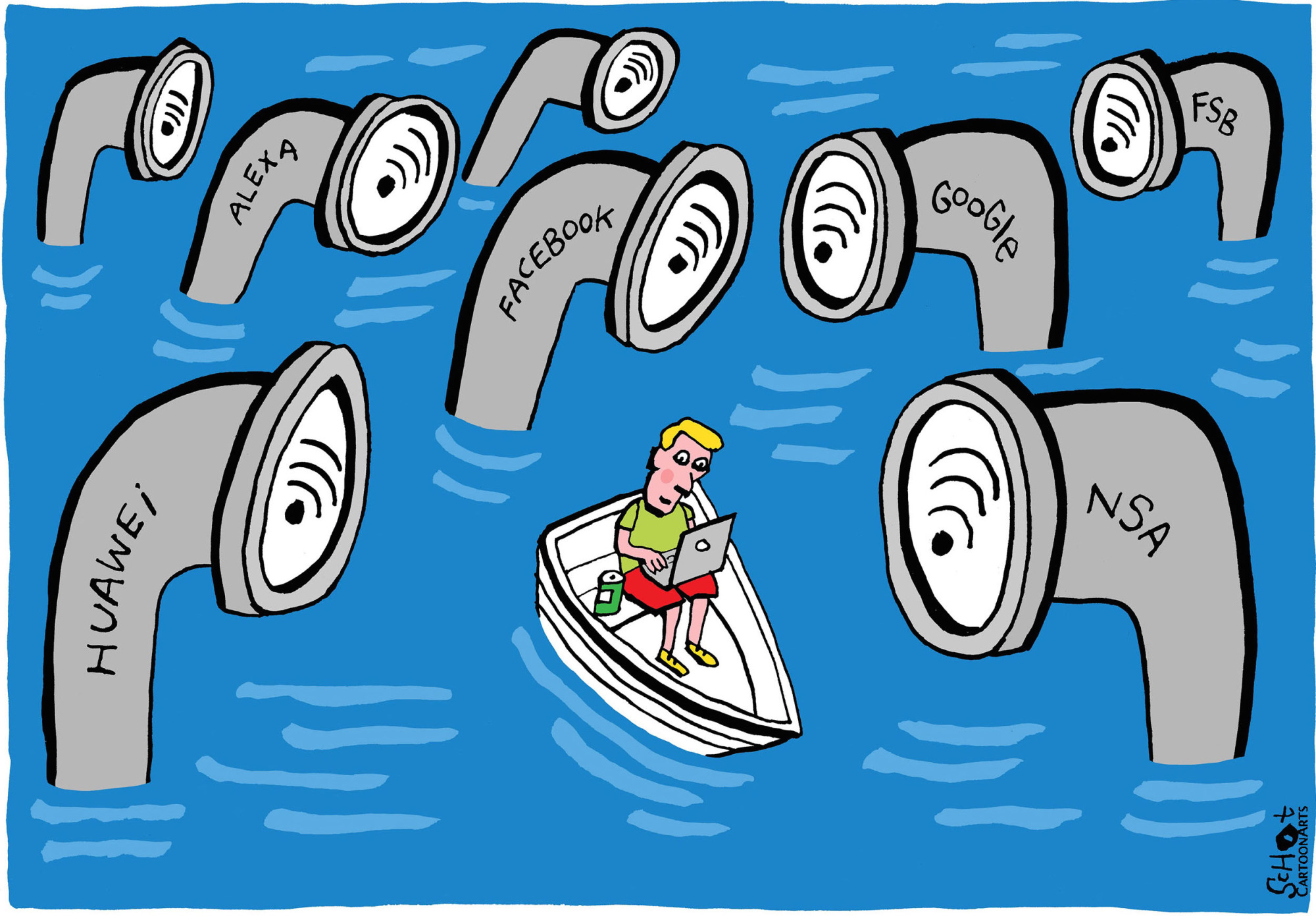For at least eight decades, America's most important ally has been the United Kingdom. Whether the enemy was Nazis, Soviets or Islamic extremists, the United States and the U.K. have long enjoyed a "special relationship" — sharing intelligence, battle plans and diplomatic strategies.
With British Prime Minister Boris Johnson's announcement that the U.K. would allow Huawei Technologies Co. to develop parts of its 5G wireless network, that special relationship may be about to change. The House of Commons will now consider Johnson's decision, and if it rejects China's largest telecommunications company, then the alliance can be salvaged. But even if it doesn't, his decision is a serious blow.
In the broadest terms, Johnson's decision signals that America's closest ally is not fully on board in the battle against America's most potent adversary. In a more narrow sense, there is now a good chance that the high-level intelligence sharing that has been a hallmark of the British-American relationship will be reduced because of the threat China poses from within the British network.

















With your current subscription plan you can comment on stories. However, before writing your first comment, please create a display name in the Profile section of your subscriber account page.